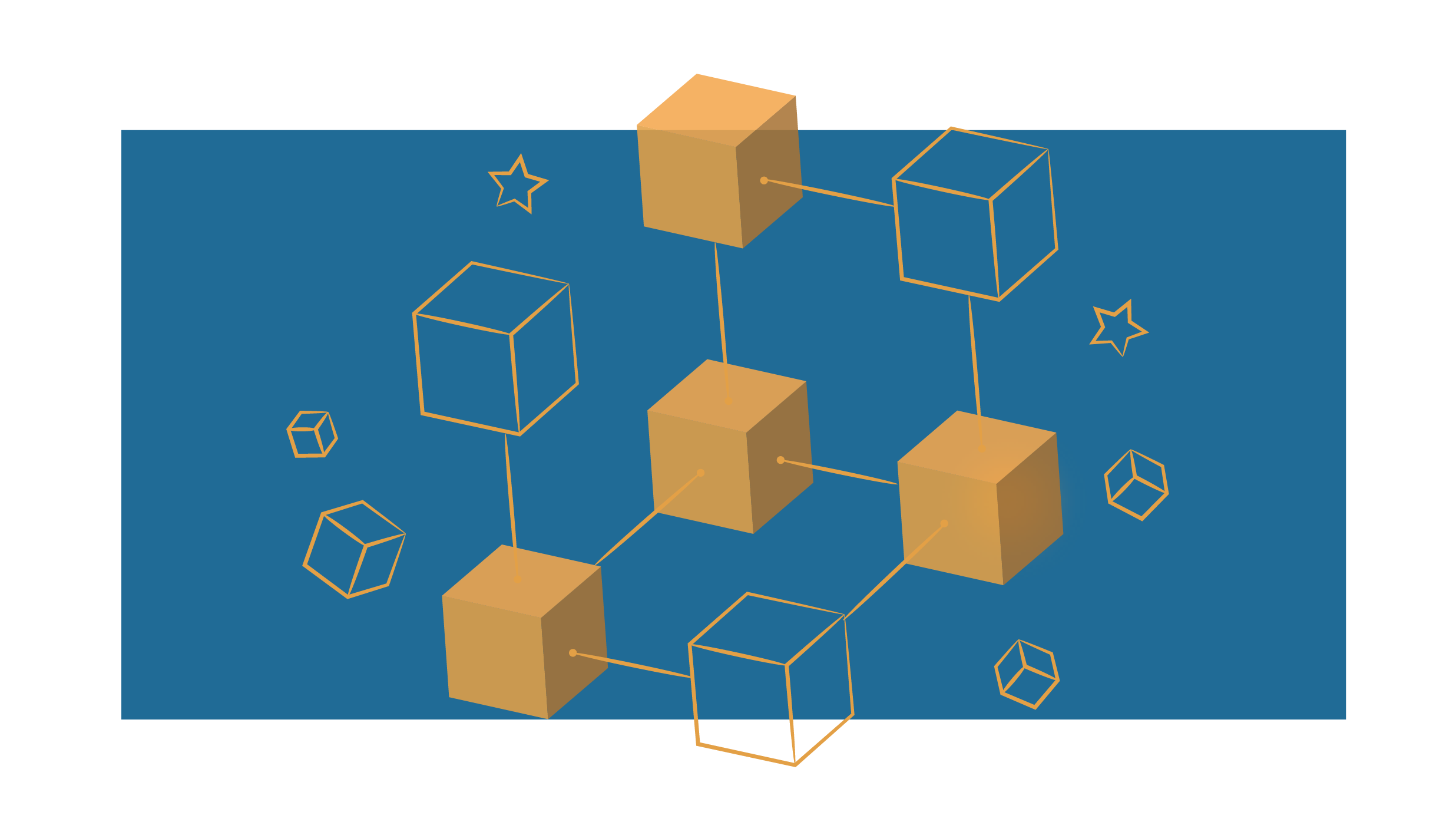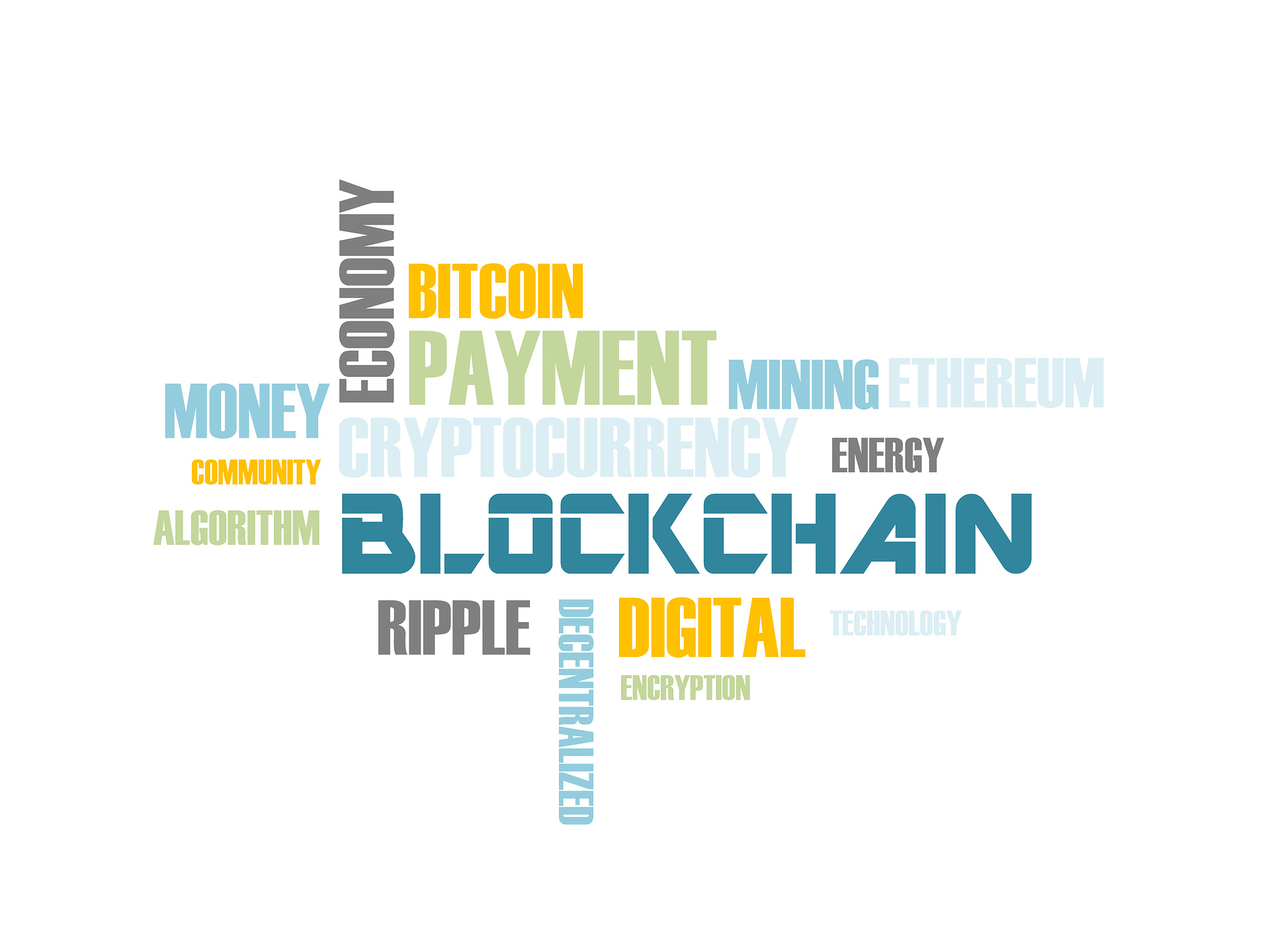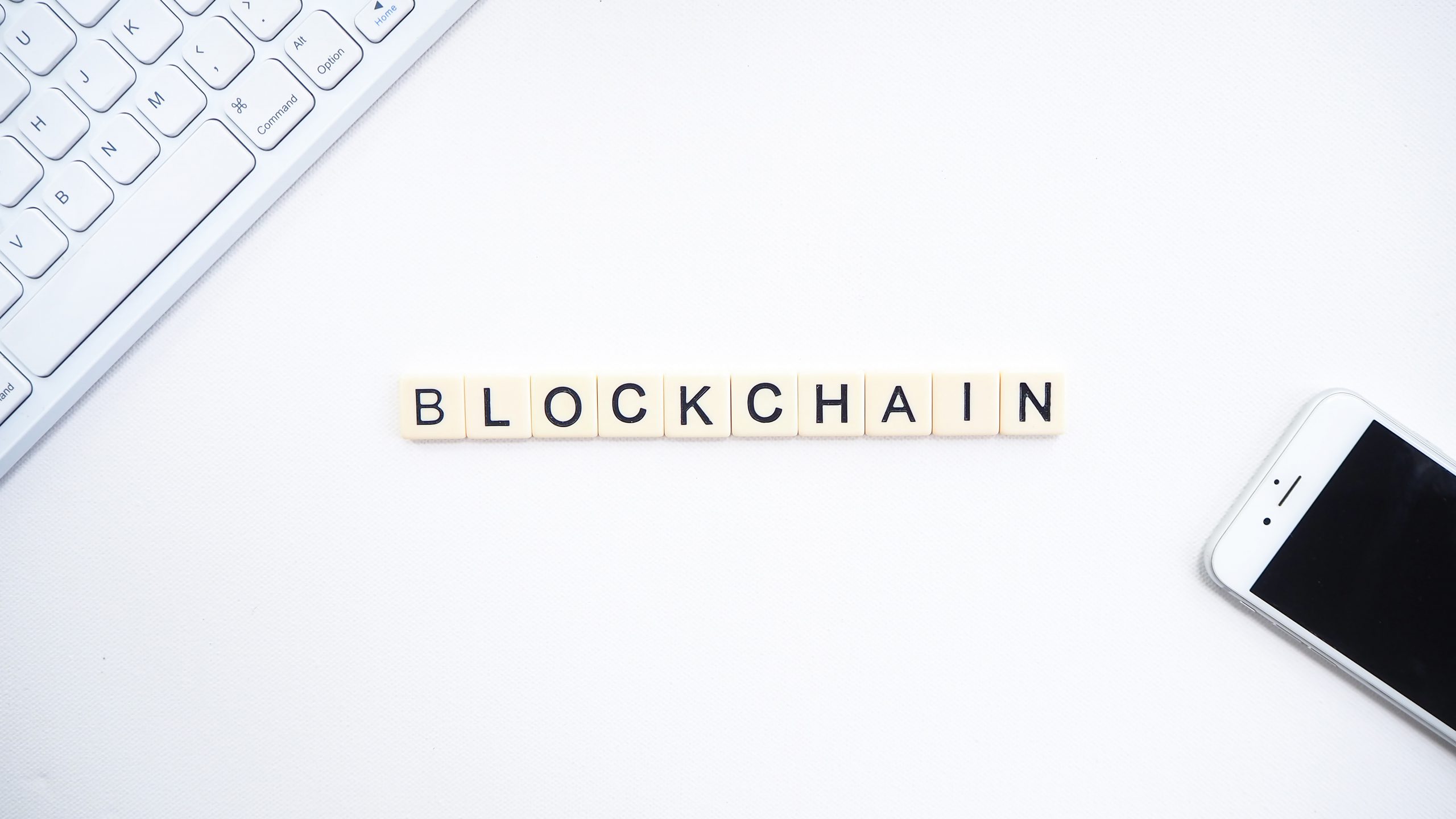Blockchain
Here in Lucentia Lab we have as its disposal great experts in blockchain technology applied in different sectors and fields, thanks to the maturation and final triumph due to the inertia of the arisen movement.

Blockchain
Blockchain is the disruptive technology that, making use of cryptography and distributed computer systems, is capable of providing value and reliability to our data and assets.
This way, Blockchain goes beyond the famous cryptocurrencies like Bitcoin, allowing us to tokenize assets, both phisical and digital. Moreover, it guarentees the origin and integrity of business data from the moment it has been produced until it is consumed by the end user.
On the other hand, smart contracts, stand as the angular stone of this technology, giving rise to the creation of Decentralized Autonomous Organizations, capable of being managed withouth the need for user intervention, thanks to the rules of contracts governing such organizations.

Lucentia Lab is integrated within the national Blockchain ecosystem, Alastria. Thanks to this synergy we are able to develop decentralized applications, smart contracts and tokenization of the assets both within the Alastria network, and in public Blochchains such as Ethereum.
Strong security
Blockchain is much more secure than other record keeping systems, because each new transaction is encrypted and linked to the previous transaction.
Blockchain, as its name implies, is made up of a network of computers that come together to confirm a “block”. This block is added to a ledger, which is a part of a “chain. Blockchain is made up of a complicated chain of mathematical numbers and it is impossible to modify it, once formed.
This immutable and incorruptible nature of blockchain makes it safe from counterfeit information and hackers. Its decentralized nature also gives it a unique quality of being “trustless”, which means that parties do not need trust to transact securely.

Increased efficiency
Due to its decentralized nature, Blockchain eliminates the need for intermediaries in many processes for fields such as payments and real estate. Compared to tradicional financial services, blockchain facilitates faster transactions by allowing P2P transfers with a digital currency. Property management processes are made more efficient with a unified system of property records and smart contracts that would automate tenant-owner agreements.
Improved traceability
With the blockchain ledger, whenever an exchange of goods is recorded on a Blockchain, there is an audit trail to track where the goods came from. Not only can this help improve security and prevent fraud in exchange about related businesses. It can also help verify the authenticity of traded assets. In industries like medicine, it can be used to trace the supply chain from manufacturer to distributor, or in the art industry to provide irrefutable proof of ownership.

Greater transparency
The most important feature of Blockchain is due to the fact that its transaction book for public addresses is open for viewing. In business and financial systems, this adds an unprecedented layer of accountability, holding every sector of the business accountable to act with integrity toward the growth of the business, its community, and its customers.
